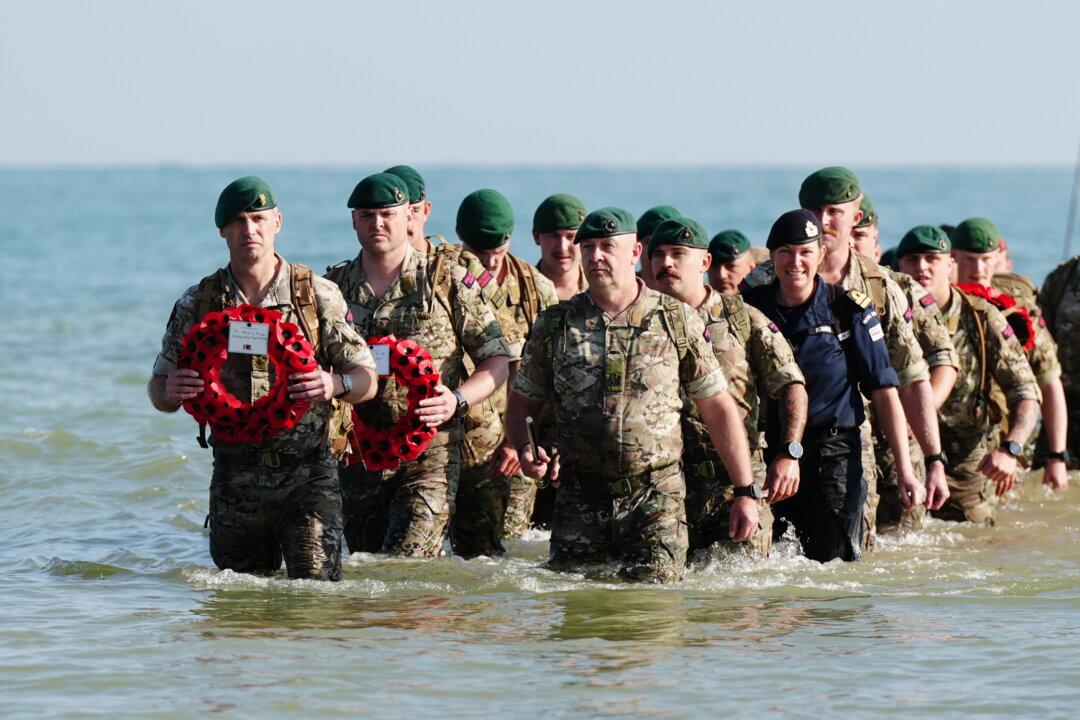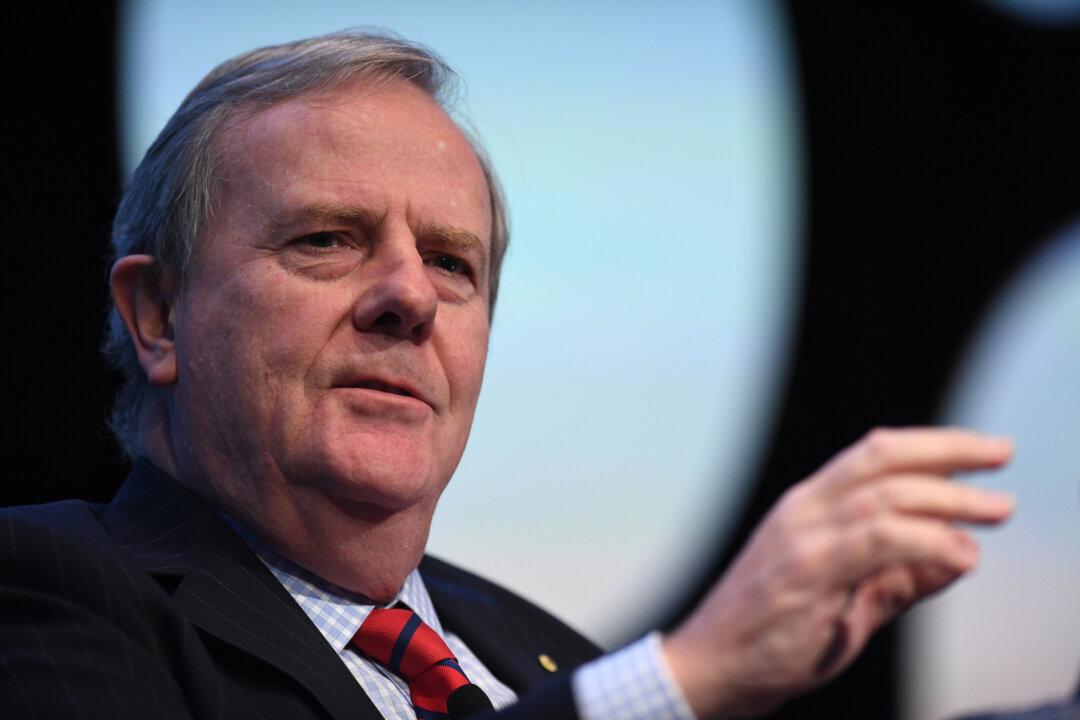Australian forces who participated in the D-Day invasion of the beaches of Normandy on June 6, 1944 were remembered yesterday by Prime Minister Anthony Albanese on the 80th anniversary of Operation Overload.
Mr. Albanese said in Parliament on June 6 that the anniversary was a reminder that the act that turned the tide of World War II in the Allies’ favour, “rightly holds a place in our collective hearts as one of the most extraordinary turning points in global history.”





